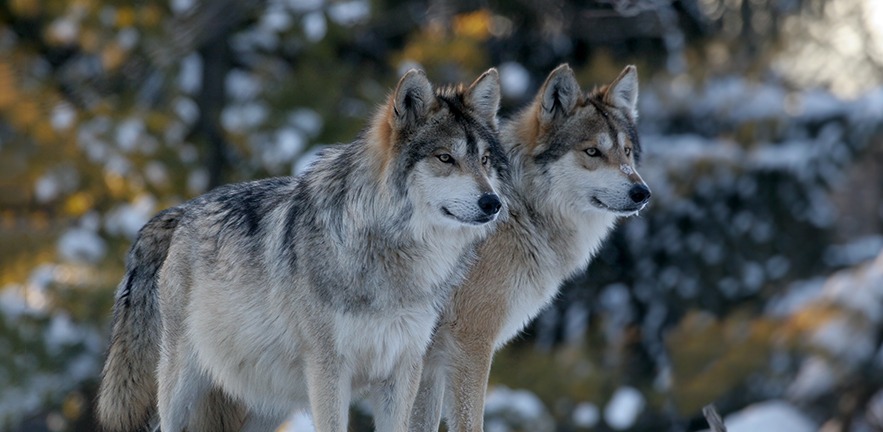Ecological theories of adaptation can help businesses adjust to unprecedented planetary shifts, says new study co-authored by Jennifer Howard-Grenville of Cambridge Judge.
Current concepts of how organisations adjust are grossly inadequate in light of unprecedented planetary shifts such as climate change, but ecological theories of adaptation suggest a way forward, says a new study co-authored by Jennifer Howard-Grenville, Diageo Professor in Organisation Studies at Cambridge Judge Business School.

Companies focus too often on responding to their immediate economic or regulatory environments rather than adapting in broader ecosystems, which they can learn about from wolves in the Yellowstone National Park in the US, the study says.
“The nature and scope of changes in organisations’ external environments is without precedent due to planetary shifts, or major changes in earth’s biophysical systems,” says the study just published in Strategic Organization journal. “Our theories of organisational adaptation lack the capacity to explain what will be needed on behalf of business organisations, and their strategists and managers, to adjust to these shifts.”
While the coronavirus pandemic and forest fires in Australia and the western US commanded short-term attention in 2020, longer-term adaptations related to energy decarbonisation and changes in global supply chains “are no less critical for organisational survival.”
“We are running out of time for business organisations to make the changes needed to adapt to major planetary shifts now underway – climate change, biodiversity and habitat loss, and their attendant influences on human health and livelihoods,” the study says. “Our theories of organisational adaptation were largely developed in the 1960s and 1970s and core tenets of these have persisted long past the conditions in which they were generated.”
Drawing on “ecological theories of adaptation”, the study suggests that business survival through these huge planetary changes could draw historical lessons from Yellowstone National Park in Wyoming and Montana.
The eradication of wolves from the area beginning in the 1880s to protect grazing livestock unleashed “far-reaching ripple effects” including an increase in elk, overconsumption of grasses and trees, erosion and a shift of river topography, threatening many wildlife species. So Yellowstone officials reintroduced wolves into the park beginning in the 1990s, restoring the ecosystem’s ability to self-regulate and support both wildlife and human activity in the area.
Though the Yellowstone example “may seem ‘closer’ to the biophysical environment than many contemporary business interactions might,” the study concludes that there are clear parallels – so we should focus less on how a single organisation adapts to changing business environments.
“The emphasis remains on optimising outcomes for an organisation, rather than the system as a whole. To advance understanding of adaptation in the face of planetary shifts we must move away from the assumption that the adaptive acts of a single focal organisation in relation to ‘its’ environment serve as the right level and focus of analysis. Instead, we must begin to theorise about the conditions and processes that beget effective adaptations of organisations and other aspects of the social-ecological systems in which they operate.”
The study in Strategic Organization – entitled “Bringing the biophysical to the fore: re-envisioning organizational adaptation in the era of planetary shifts” – is co-authored by Professor Jennifer Howard-Grenville of Cambridge Judge Business School and Dr Brooke Lahneman of Jake Jabs College of Business & Entrepreneurship at Montana State University.


